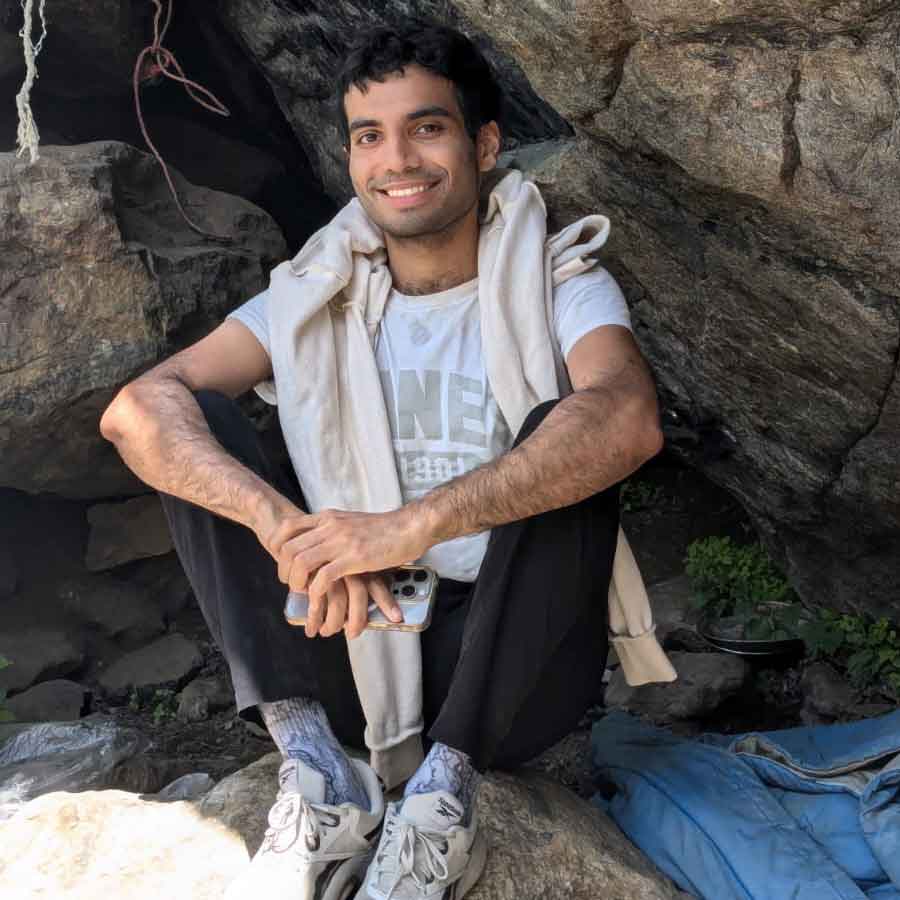My project follows the glacial ice within the high mountains of the Karakoram region in Pakistan to the glacier labs in the Global North. I build upon the scholarship of the anthropological tradition that aims to understand glaciers in their aliveness, rather than as inert matter. In the context of increasing glacial lake outburst flooding, I aim to understand how local people live and work in conjunction with ice during tumultuous glacial activity. The uncanny and extreme ways glaciers move in the region have shaped the lives of people. I want to understand these shifts within glaciers as documented by local people in their histories, practices, and experiences. My research also attempts to delineate how state and geopolitical forces manage these glacial ecologies in extractive and controlling ways. These unique movements have also brought the Karakoram glaciers and local people into contact with glacier scientists who attempt to comprehend the phenomenon of the Karakoram Anomaly. Kenneth Hewitt terms this phenomenon the “Karakoram Anomaly,” which means that Karakoram glaciers did not recede at the same rate as Himalayan glaciers, and some glaciers also surged and grew in mass. It presents me with the opportunity to understand how scientists comprehend these glaciers. How are the Karakoram glaciers prompting these scientists to reevaluate their own fields and compelling them to change the way they think and practice? How do local practice and scientific research encounter each other in the process of interacting with glaciers? How can we make sense of these human-nonhuman relationships in the larger context of planetary environmental collapse? In what ways does glacier science intersect with geopolitics and state control in the events of glacier disasters?
Body
Profile updates sync daily at 5:15 a.m., 10:15 a.m., 1:15 p.m., 4:15 p.m., and 7:15 p.m. (CST)
Updates typically appear about 15 minutes after the next scheduled sync.
To update your profile:
Contact your website administrator or submit a request using our online form.

